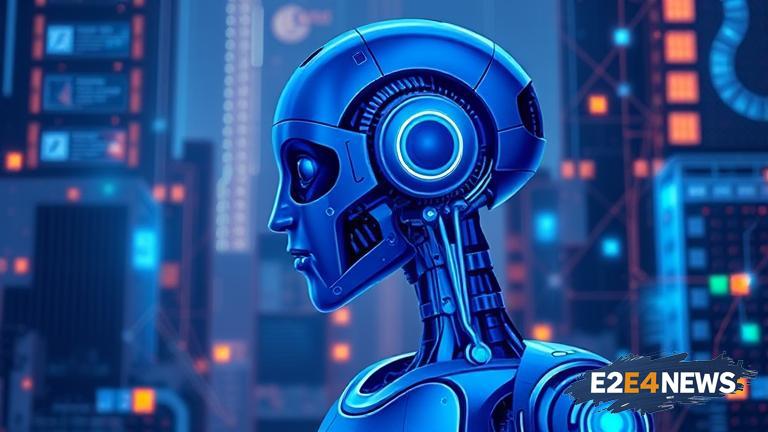The integration of Artificial Intelligence (AI) in the IT sector has been a topic of discussion for several years, with many experts predicting significant changes in the job market. A recent study by Microsoft has shed some light on the potential impact of AI on IT jobs, but the results are not conclusive. According to the study, AI has the potential to automate many routine tasks, freeing up IT professionals to focus on more complex and creative work. However, the study also suggests that AI could displace some IT jobs, particularly those that involve repetitive or mundane tasks. The Microsoft study surveyed over 1,000 IT professionals and found that while many are excited about the potential benefits of AI, others are concerned about the potential risks. One of the main concerns is that AI could exacerbate existing skills gaps in the IT sector, making it harder for some workers to adapt to new technologies. On the other hand, the study also found that AI could create new job opportunities in areas such as AI development, deployment, and maintenance. The study’s findings are consistent with other research in the field, which suggests that AI will have a significant impact on the IT job market, but the exact nature of that impact is still unclear. Some experts predict that AI will displace up to 30% of IT jobs in the next decade, while others argue that it will create new opportunities and augment existing ones. The Microsoft study also highlights the need for IT professionals to develop new skills in order to work effectively with AI systems. This includes skills such as data analysis, machine learning, and programming. The study’s authors note that while AI has the potential to automate many tasks, it is not a replacement for human judgment and expertise. Instead, AI should be seen as a tool that can augment and support human decision-making. The study’s findings have significant implications for IT professionals, who will need to adapt to a rapidly changing job market. It also highlights the need for organizations to invest in training and development programs that can help workers develop the skills they need to work effectively with AI. In addition, the study suggests that policymakers and educators will need to work together to develop strategies for addressing the potential negative impacts of AI on the IT job market. This could include initiatives such as retraining programs, education and training programs, and social safety nets. The Microsoft study is just one of many research projects that are exploring the impact of AI on the IT job market. Other studies have found similar results, highlighting the need for IT professionals to develop new skills and for organizations to invest in training and development programs. Overall, the Microsoft study suggests that the long-term impact of AI on IT jobs is still unclear, but it is likely to be significant. IT professionals, organizations, and policymakers will need to work together to ensure that the benefits of AI are realized, while minimizing its negative impacts. The study’s findings are a reminder that the IT sector is constantly evolving, and that workers will need to be adaptable and willing to learn new skills in order to succeed. As AI continues to advance, it is likely that we will see significant changes in the IT job market, and it is essential that we are prepared to address these changes. The Microsoft study provides a valuable insight into the potential impact of AI on IT jobs, and highlights the need for further research and investment in this area. In conclusion, the Microsoft study suggests that AI will have a significant impact on the IT job market, but the exact nature of that impact is still unclear. While there are potential risks, there are also opportunities for IT professionals to develop new skills and for organizations to invest in training and development programs. As the IT sector continues to evolve, it is essential that we are prepared to address the challenges and opportunities presented by AI.
